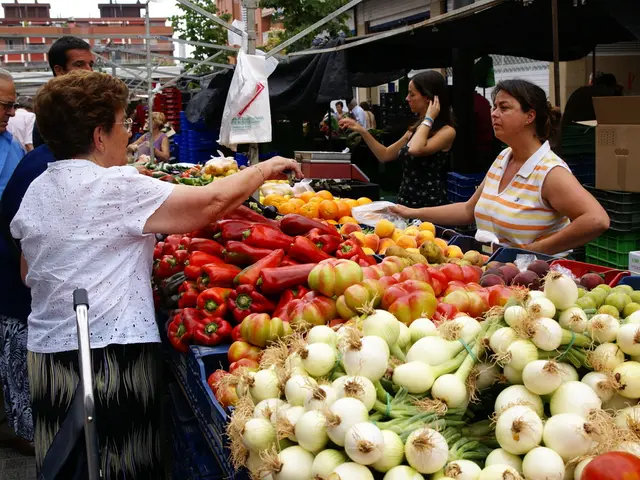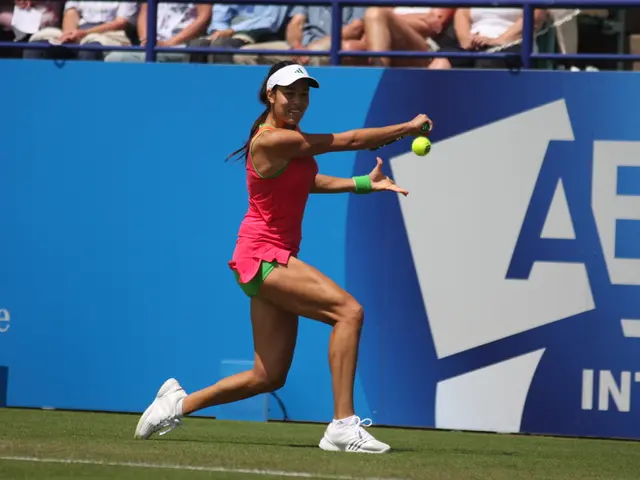Lawmakers' monetary demands for security escalate controversy
In recent news, several allegations of bribery and "protection fees" have surfaced within the Kenyan Parliament, sparking a wave of concern among political figures and citizens alike.
Former nominated MP Wilson Sossion has warned that this practice undermines the legislature's role in holding the executive to account, while Barack Muluka, a political analyst, has condemned the "protection fee" culture and referred to parliamentary committees as extortion forums.
President William Ruto has revealed that some parliamentary committees have been demanding bribes from state officials, a claim that has been supported by MP Shakeel Shabir, who has alleged money changes hands during Senate impeachments, including the impeachment of Rigathi Gachagua.
Both Sossion and Muluka have blamed the exchange of favors for Parliament's failure to conduct thorough investigations, including superficial scrutiny of Auditor General's reports. They have also claimed that if the culture of inducing committees monetarily remains, it is a threat to the governance of the country.
In response to these allegations, the Ethics and Anti-Corruption Commission (EACC) has launched probes into several MPs implicated in bribery, extortion, and misuse of public funds. The commission has recommended prosecution of some officials already.
The current measures proposed to address bribery focus primarily on enhanced investigations by the EACC and the enforcement of the new Conflict of Interest Act 2025. Signed into law by President Ruto in late July 2025, this law strengthens oversight by criminalizing conflicts of interest and mandating declarations of income, assets, and liabilities (DIALs) by public officials. Violations can result in heavy fines and imprisonment, including asset forfeiture for undeclared gains.
Moreover, a multi-agency anti-corruption team involving the EACC, DCI, ODPP, and other bodies was announced to strengthen investigations and prosecutions across government, although its operation was temporarily suspended by the High Court pending legal challenges.
MPs have also indicated an intention to summon President William Ruto to address claims of bribery involving substantial sums.
Together, these involve legal reforms, active investigations by anti-corruption bodies, and attempts to enhance institutional coordination to curb bribery and illicit "protection fees" within Parliament. The key players have warned that bribery should be stigmatised and that Kenyans must be discouraged from demanding payments for votes during elections.
Read also:
- Weekly happenings in the German Federal Parliament (Bundestag)
- Southwest region's most popular posts, accompanied by an inquiry:
- Discussion between Putin and Trump in Alaska could potentially overshadow Ukraine's concerns
- Tinubu's administration allegedly causing issues within every political party as Peter Obi's name surfaces - Obidient Movement asserts








